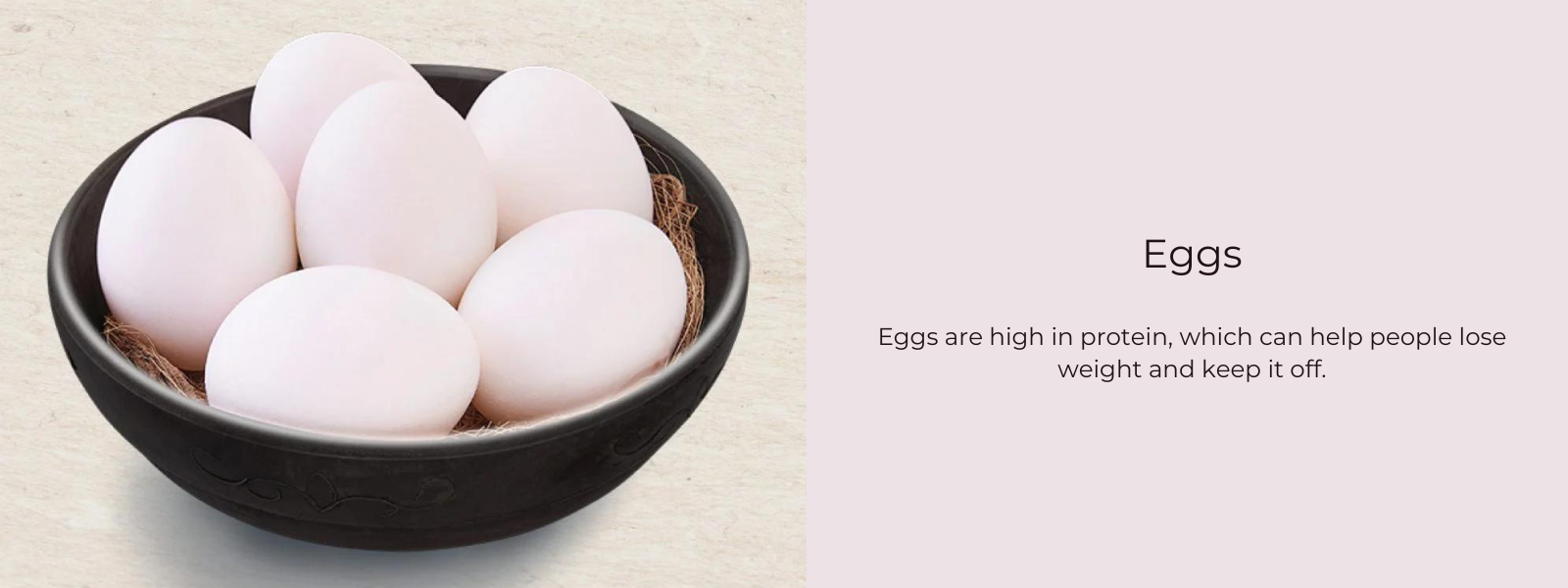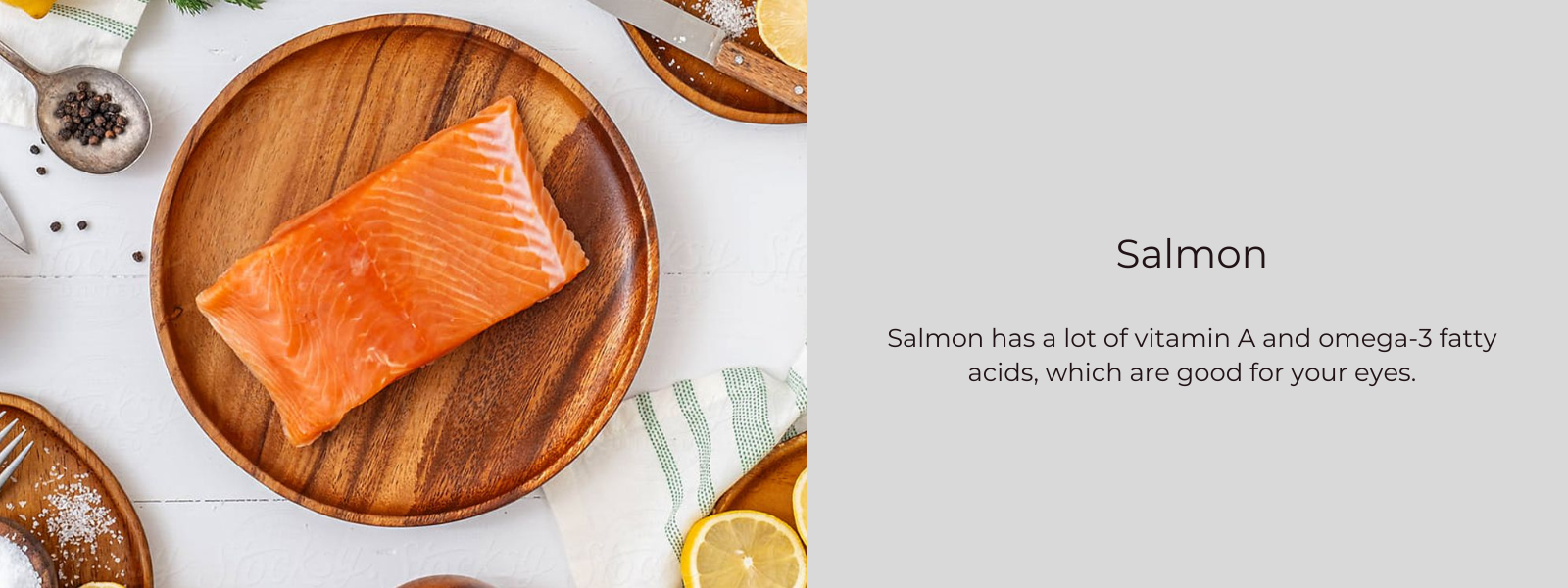Beef has been eaten by people for a very long time. Cattle were first tamed in the Middle East about 10,000 years ago. They then moved to Africa.
It's been a long way from the grassland to the dinner table. Beef probably doesn't look much like it did when people first started farming. Still, beef is a great way to get energy, vitamins, and minerals.
Table of Contents
What is beef?
Beef comes from animals, which are called Bos taurus.
It is called "red meat," which is the name for the meat of animals. Red meat has more iron compared to chicken or fish.
Beef is often ground or chopped, but it is generally consumed as roasts, or steaks. Hamburgers often have patties made of ground beef.
Beef that is fresh and lean is full of nutrients and vitamins, particularly iron and zinc. Because of this, a healthy diet can include a modest amount of beef.
Nutritional profile of beef:
Here are the nutritional facts for a 3.5-ounce amount of 10% fat-content, broiled ground beef.
Calories: 217
Water: 61%
Carbs: 0 grams
Sugar: 0 grams
Protein: 26.1 grams
Fat: 11.8 grams
Fiber: 0 grams
Health benefits of beef:
Beef has a lot of protein and helps build muscle
It's important to eat protein every day because our bodies need it. Proteins give our bodies the building blocks it needs, which are called amino acids. Amino acids help us build and fix bone, muscle, hair, skin, cartilage, and other tissues. Getting protein every day also helps us keep our muscle mass, or lean body mass. And of all the nutrients, proteins are the ones that make us feel full the longest. This keeps us from wanting to eat when we don't need to.Beef has a lot of amino acids that are good for your health, and it's one of the best places to get protein.
Beef is Exceptionally Rich in Minerals
Potassium, phosphorus, magnesium, and iron are just some of the chemicals that beef has a lot of. In fact, a 6-ounce serving gives you:Copper 10% Iron 18% Phosphorus: 40% Magnesium: 7%
Potassium: 10% Selenium: 50%
Zinc: 65%
Beef is a great source of nutrition for people who don't get enough of certain minerals.
Beef prevents iron-deficiency
Eating beef can help keep iron-deficiency, anaemia, from happening.Iron shortage Anaemia (IDA) is an important example of a nutrient shortage.
Carnosine is found in beef
Another benefit of eating beef is that it has a lot of carnosine, about 50% more than other sources of protein like chicken. The amino acids alanine and histidine are put together to make carnosine (beta-analyl-L-histidine). It is found all over the body and plays a number of important parts in human health, especially when it comes to how well we work out and how much muscle mass we have.Carnosine does what?
For one thing, carnosine has qualities that stop it from turning into sugar. This means that carnosine lessens the bad effects of a process called "glycation," which is directly linked to how fast people age. Carnosine is also good for exercise performance, maintaining the balance of skeletal muscles, boosting the immune system, and reducing inflammation. Experts also think that the chemical stops lipid peroxidation in our cells.
Beef is loaded with vitamins
Beef has a lot of important nutrients, and the B vitamins that are important for energy metabolism, are found in large amounts (amount per 6 oz. of 80/20 beef, %DV):Vitamin B1 6%
Vitamin B2 20%
Vitamin B3 45%
Vitamin B5 17%
Vitamin B6 42%
Vitamin B12 152%
Folate 3%There are also fewer amounts of vitamins E and K in beef. Vitamin B12 (cobalamin), which is important, is a vital nutrient that can only be found in animal foods. This vitamin also has a lot of benefits, such as better skin, a better mood, better sleep, and new nerve cells. It's important to know that not getting enough vitamin B12 may also make sadness and other mental health problems more likely.Creatine is found naturally in beef.
Why is creatine good for your health?
Better results from exercise
Creatine helps muscles grow and get stronger.
Gives muscles more energy and makes them able to go longer.
Increased muscle size
Also, it's important to know that our liver can make about 2g of creatine every day, based on how many precursors are around. Some of the things that turn into creatine are arginine, glycine, and methionine. Beef not only has all of these amino acids, but it is also one of the most important food sources. This means that eating beef gives you a good amount of creatine and helps your body make more of it.
How to prepare beef?
Choose cuts with less cholesterol and saturated fat to get the health benefits of beef with less cholesterol and saturated fat. Look for cuts that say "extra lean" or "lean," and always choose the ones with the least obvious fat.
Before you cook beef, get rid of as much of the fat as you can see. The majority of the remaining portion of the fat will melt away during cooking. Choose a way to cook the beef on a rack, like grilling, broiling, or baking, so that the fat can drip into a pan.
Here are some ideas for cooking with lean beef:
- Mix red wine (optional), lemon juice, or soy sauce (or any other similar sauce) into a low-fat marinate, and then broil beef in the oven.
- Put a mixture of herbs and spices on beef cuts and then cook them on a grill.
- Cut the beef into small pieces and cut up some vegetables. Put the meat and vegetables on skewers.
- Roast beef with salt, pepper, as well as any other spices you like.











Leave a comment